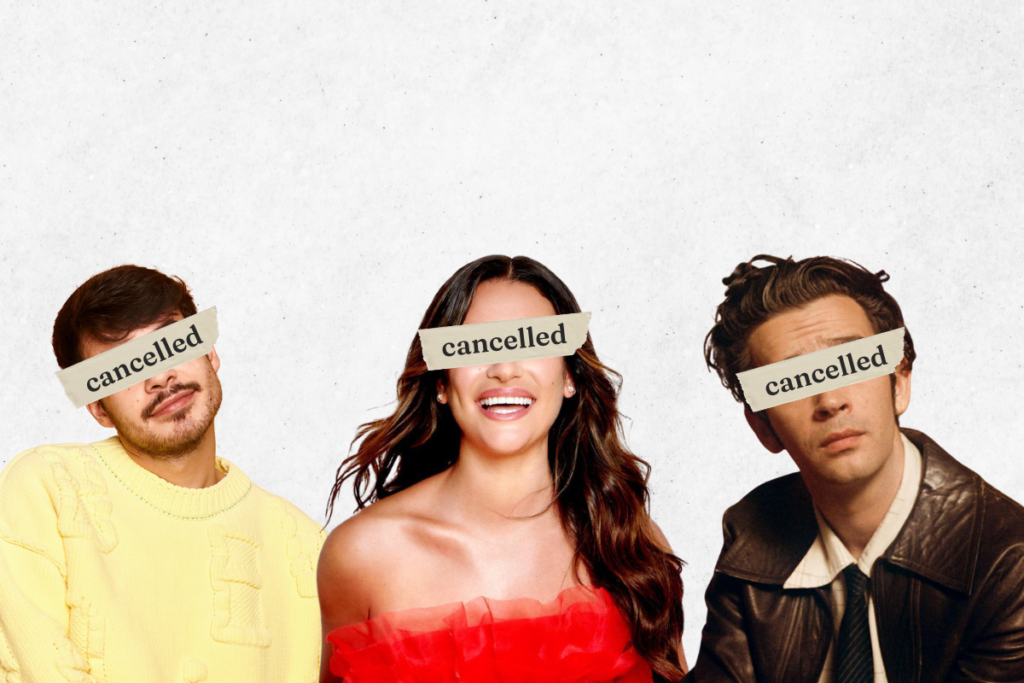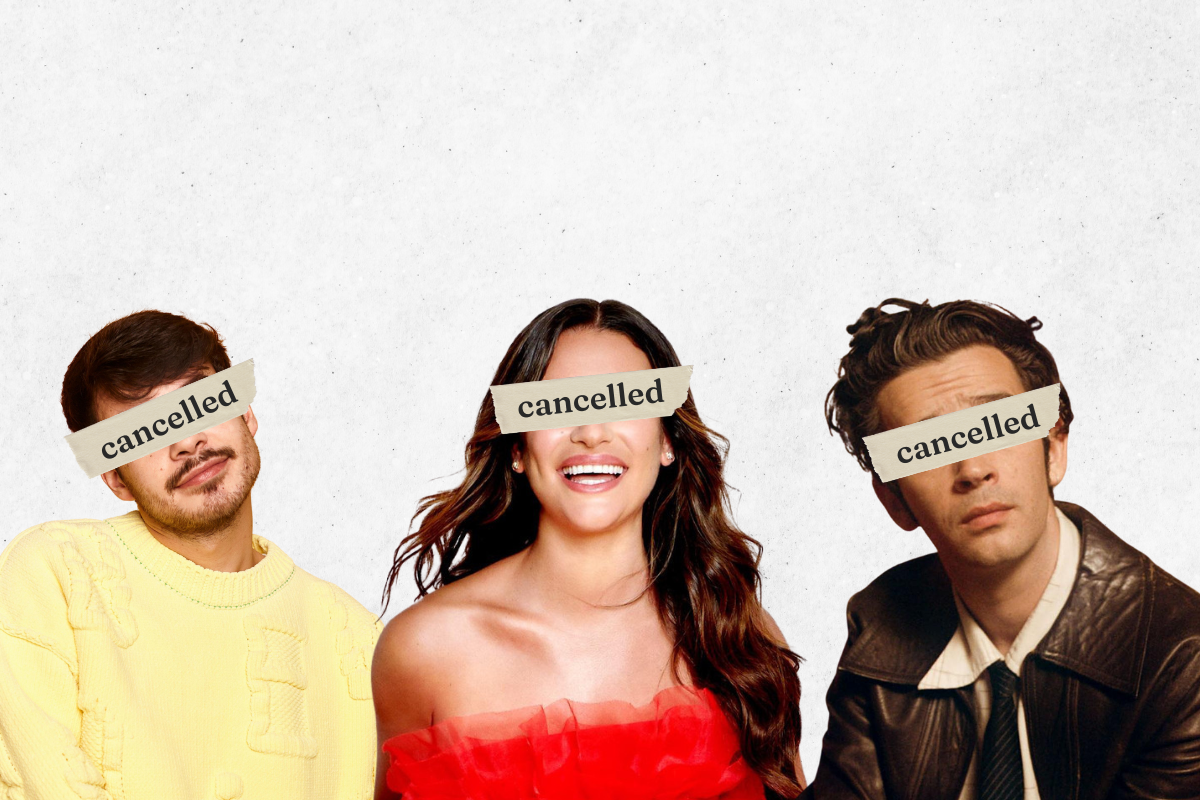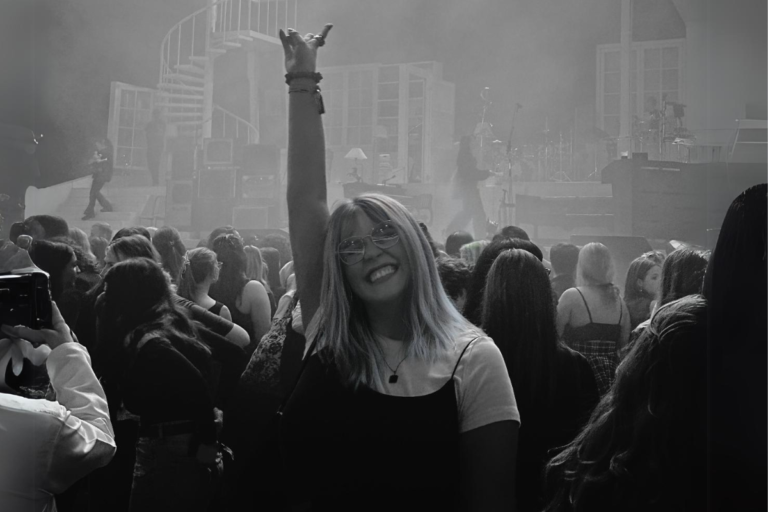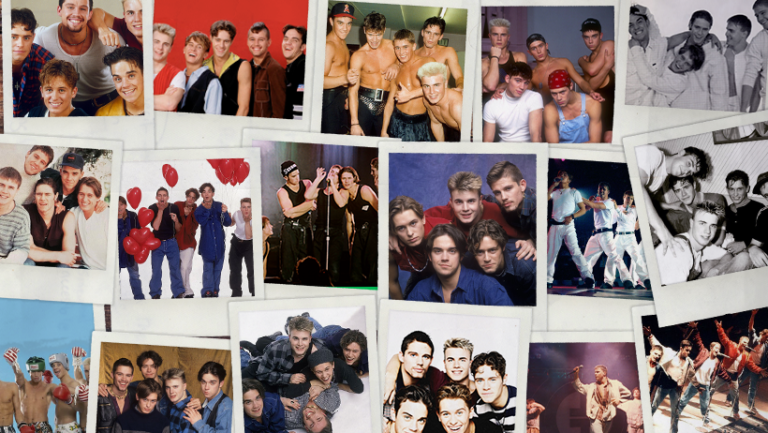Is It Time To Call It Quits on Cancel Culture?

Getting ‘cancelled’ is such a common term these days that the word’s definition has even been updated in the dictionary. But cancel and call-out culture has left us questioning whether it’s really effective. It’s caused us to reflect on whether it’s gotten out of hand, and whether it’s even a good thing or not.
It’s safe to say that the term has changed a lot since its inception. Which also leaves us wondering – what are the implications of cancel culture for the fans of those getting cancelled?
So what is cancel culture? Lisa Nakamura, a professor at the University of Michigan likened cancel culture to a ‘cultural boycott’. The notion of cancel culture really went viral back in 2019, but owes its roots to Black Twitter and even all the way back to civil rights movements. By firing or de-platforming individuals and organisations, a cancellation can signal the end of someone’s career. And recently, we’ve seen more and more celebrities get cancelled. This begs the question, were their cancellations justified? And what about the fans they leave behind – is the fandom bigger than the individual?
How does cancel culture affect fans
With more fandoms existing online these days, it’s often vocal fans who are causing cancellations. As fans, it’s no surprise that we can feel betrayed or lose faith in cultural figures when they don’t match up to the image we have of them. And with more time spent online in today’s Covid-climate: watching shows and scrutinising celebrities’ socials, these figures have come under more scrutiny.
At their best, cancellations might affect meaningful resignations and open up debates on issues like gender equality or spearhead movements like Black Lives Matter. Social boycotting can be responsible for real change with movements like #OscarsSoWhite. But what about the other side of the coin?
As fans, we’ve found a new sense of power in community support for, or withdrawal from, organisations, shows, and even individuals. So what happens when we’re forced to make the decision to boycott the thing, or person, that we love?
The problem with cancel culture
Before we look at, and lament, some of our favourite celebs, franchises, and even worlds that have been involved in cancellation concerns, we have to raise a few issues. The beauty of active and receptive online communities is that people can respond to events in real-time. However, what happens when justice is meted out by the court of public opinion?
Without an understanding of context, there’s the potential for situations to arise like the ‘cancelling’ of Marlon Anderson for simply repeating racial slurs directed at him. It’s easy for whispers on the internet to get misinterpreted. But with this understanding in mind, should we hold celebrities to a higher standard? Is offense always objective, or are we punishing our idols with no room for them to grow, ultimately, putting the kibosh on any conversation?
A prime example of how these lines of cancellation can be blurred, and how fans also pay the price is with the Harry Potter universe.
Walking the tightrope
It’s safe to say that Harry Potter fans have had a challenging time in the past couple of years.
From Johnny Depp to J.K. Rowling, the faces that we associate with the H.P. universe have challenged our allegiance. First, Depp was dropped from the Fantastic Beasts franchise amidst semi-cancellation only for the coin to flip again and Amber Heard to end up facing cancellation. Then there was the airing out of a long history of creator J.K. Rowling’s transphobic remarks, tweets, and fiction. When compared to shining members of the series like Emma Watson, it begs the question – can celebrities can be cancelled, whereas fandoms are forever?
Another Universe
And then there’s the case of Gina Carano and, by extension, the Star Wars universe. The Madolorian star who played Cara Dune, an Alliance shock trooper, seemed like a step in the right direction towards strong, well-rounded female characters. It’s no secret that women have been saving the franchise of late, both on-screen and at the ticket office.
Although, even that has led to infighting concerning under-developed leads who’ve served as convenient plot devices (a barb also levelled as the MCU’s Captain Marvel). But it was ex-MMA fighter Carano’s off-screen actions that led to her termination (and inevitably, her character’s) from the Disney series. Carano engaged in mocking mask wearers and gender pronouns to showing open support for Trump. She even likened being a modern-day conversative to living through the Holocaust. Carano was far from quiet on social media.
Whether or not Carano should have been dismissed was obviously a divisive issue – a number of petitions have been launched to reinstate her. It also potentially highlights the disparity of cancellations in the MCU and Star Wars universes.
Guardians of the Galaxy director James Gunn, for example, was initially fired over historic tweets that joked about things like paedophilia, only to be reinstated. Mandolorian costar Pedro Pascal, who had previously called Carano out himself, posted a not-dissimilar tweet likening 1940s Germany to modern-day America.
The question is, how many cancellations can a fandom take before they invest their time elsewhere? And can we detach ourselves from the people, even if they’ve created the very thing we love (like J.K. Rowling) whilst supporting their work?
‘Be kind to one another’
‘Be kind to one another’. That was the way that Ellen Degeneres used to sign off from the Ellen show. That is, before her well-documented fall from grace.
One red flag that popped up in that fall was her sharing a box (by invitation) at a football game with former president George W. Bush. Degeneres, a self-proclaimed ‘gay Hollywood liberal’ defended herself against public outcry to the problematic friendship. She simplified critics’ arguments with a response of simply, ‘be kind to one another’, even if your viewpoints differ.
The problem with this, however, is when our idols don’t practise what they preach. Bush, who was prolific whilst in office in the limiting of LGBTQ+ rights and is even, arguably, a war criminal isn’t just someone who doesn’t quite agree with Degeneres.
And it’s ok to be civil to someone who holds different views to you; to open up debate, but what happens when their actions separate you? Sure, Degeneres could have sat next to Bush. But filming the two of them joking around and smiling together smacks of something more than common courtesy. Perhaps it was no surprise then, when the toxic environment surrounding the Ellen show unveiled that the star far from lived up to her onscreen persona. On the other hand, think about (often controversial feminist) Jameela Jamil – a public female figure who recognises her missteps as a ‘feminist-in-progress’.
Is our goal to engender change and growth, or simply to remove these controversial figures from the public consciousness?
Is getting cancelled really the end?
And this is where the real issue lies – is cancel culture even real if these people can simply bounce back?
Whether any reflection and serious growth has occurred is often questionable. Louis C.K., for example, had a brief hiatus after which he returned with a new special where he joked about his actions and victims. Cases like that of James Gunn force us to question what the ‘statue of limitations’ is on someone getting cancelled. Indeed, Kevin Hart stepped down from hosting the Oscars over homophobic tweets from eight years previous.
MCU Star Sebastian Stan and Killing Eve’s Jodie Comer have faced public ridicule due to the beliefs or actions of their partners. Some stars, like Demi Lovato, casually brush off being cancelled as it’s happened to them so many times. Others, like Larry David and J.K. Rowling may well be ‘too big to cancel’.
If we keep throwing the weight of the online community around every time someone takes offence, will something rooted in serious advocacy become a parody of its best intentions?
Hope for the future
The fact that we’re all the most active we’ve ever been online and on social media means that we have the ability to police each other. The consequence of this, though, is that fans are having to become hyper-alert to the implications of their favourite celebrities beliefs and actions; or who their favourite show employs.
It’s a lot easier to cancel people like Harvey Weinstein, Bill Cosby, and R.Kelly who commit documented crimes. I can live with never listening to the Ignition (Remix) again, or watching The Cosby Show (not that I ever did). But who does that help? Sure, if enough of us band together we might be able to hurt J.K. Rowling’s bottom line by boycotting Harry Potter, but where does that leave us in relation to the books and films that formed our childhood?
We need to maintain the calling out of social injustices where we see them, and it’s no lesser cause to do so in the entertainment industries. But what we need to be mindful of is context. Whether we can remain focused on the underlying issues we want to put an end to, not just cancelling the individuals, remains to be seen.
Academic Loretta Ross put it best in reminding us that ‘most public shaming is horizontal’. So, as fans, let’s not stay blinkered to why we have a problem with these behaviours.







